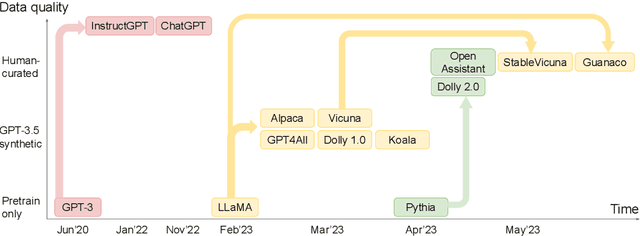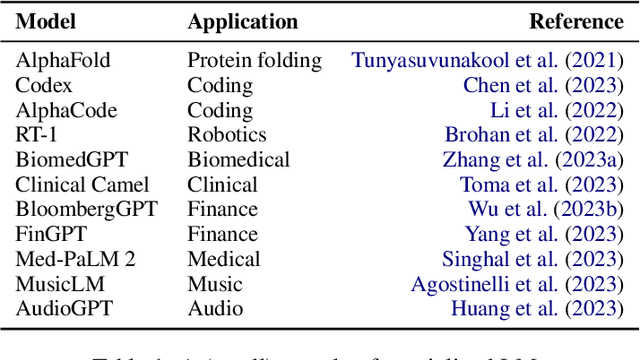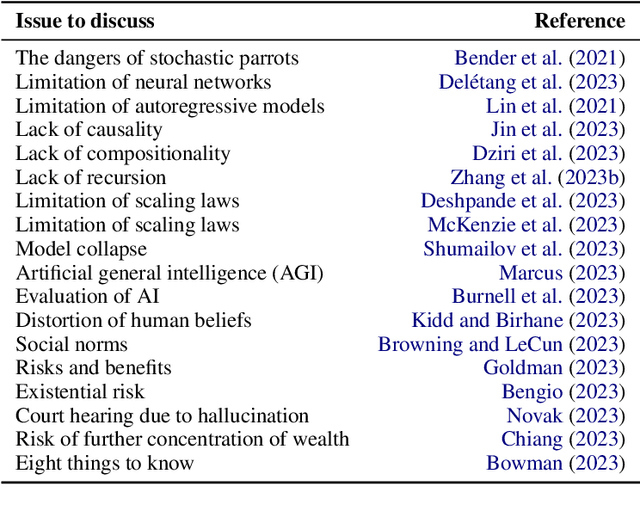Xinxi Chen
Honest AI: Fine-Tuning "Small" Language Models to Say "I Don't Know", and Reducing Hallucination in RAG
Oct 13, 2024



Abstract:Hallucination is a key roadblock for applications of Large Language Models (LLMs), particularly for enterprise applications that are sensitive to information accuracy. To address this issue, two general approaches have been explored: Retrieval-Augmented Generation (RAG) to supply LLMs with updated information as context, and fine-tuning the LLMs with new information and desired output styles. In this paper, we propose Honest AI: a novel strategy to fine-tune "small" language models to say "I don't know" to reduce hallucination, along with several alternative RAG approaches. The solution ranked 1st in Task 2 for the false premise question. The alternative approaches include using RAG with search engine and knowledge graph results, fine-tuning base LLMs with new information and combinations of both approaches. Although all approaches improve the performance of the LLMs, RAG alone does not significantly improve the performance and fine-tuning is needed for better results. Finally, the hybrid approach achieved the highest score in the CRAG benchmark. In addition, our approach emphasizes the use of relatively small models with fewer than 10 billion parameters, promoting resource efficiency.
Mini-Giants: "Small" Language Models and Open Source Win-Win
Jul 17, 2023



Abstract:ChatGPT is phenomenal. However, it is prohibitively expensive to train and refine such giant models. Fortunately, small language models are flourishing and becoming more and more competent. We call them "mini-giants". We argue that open source community like Kaggle and mini-giants will win-win in many ways, technically, ethically and socially. In this article, we present a brief yet rich background, discuss how to attain small language models, present a comparative study of small language models and a brief discussion of evaluation methods, discuss the application scenarios where small language models are most needed in the real world, and conclude with discussion and outlook.
 Add to Chrome
Add to Chrome Add to Firefox
Add to Firefox Add to Edge
Add to Edge